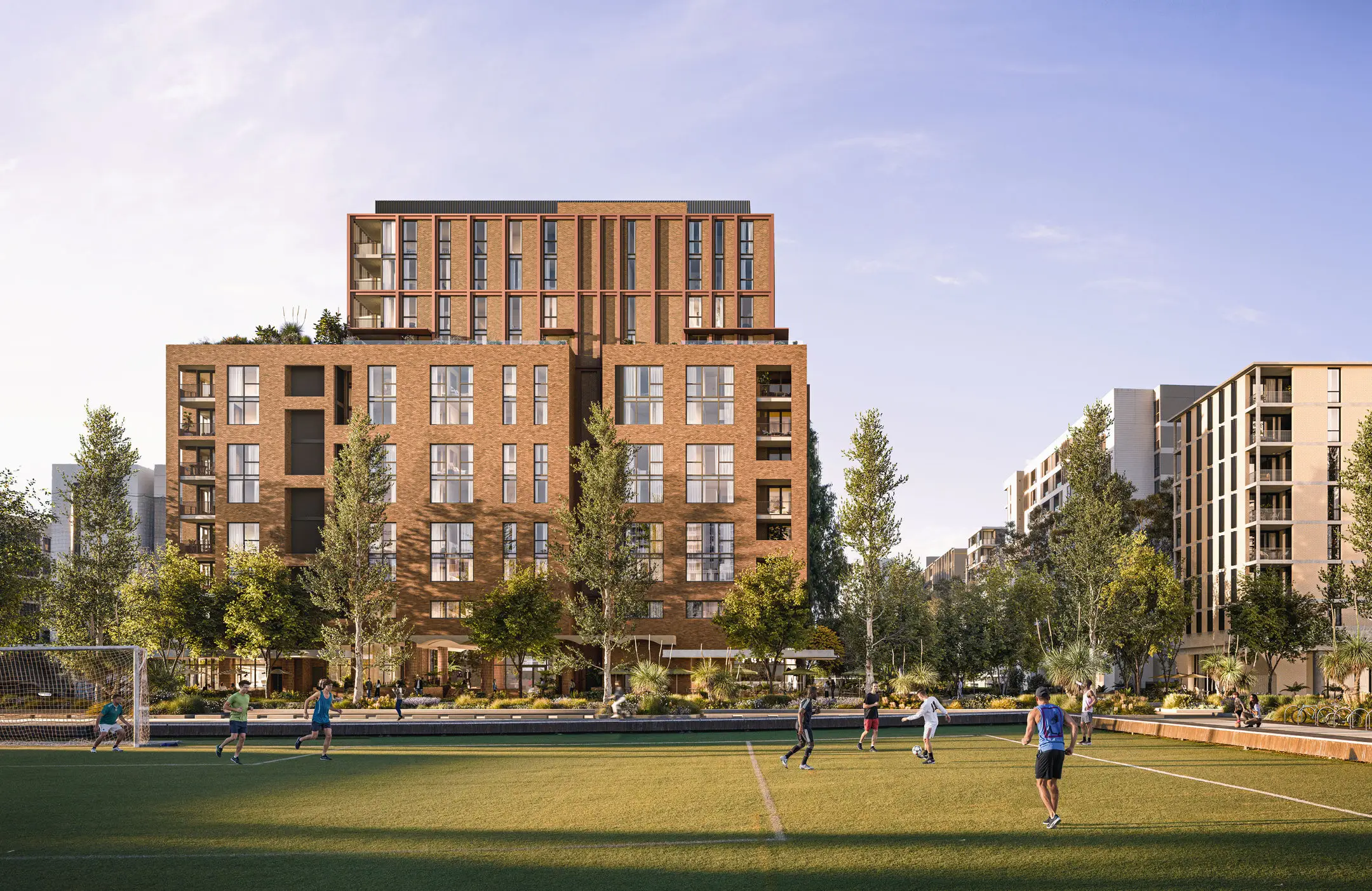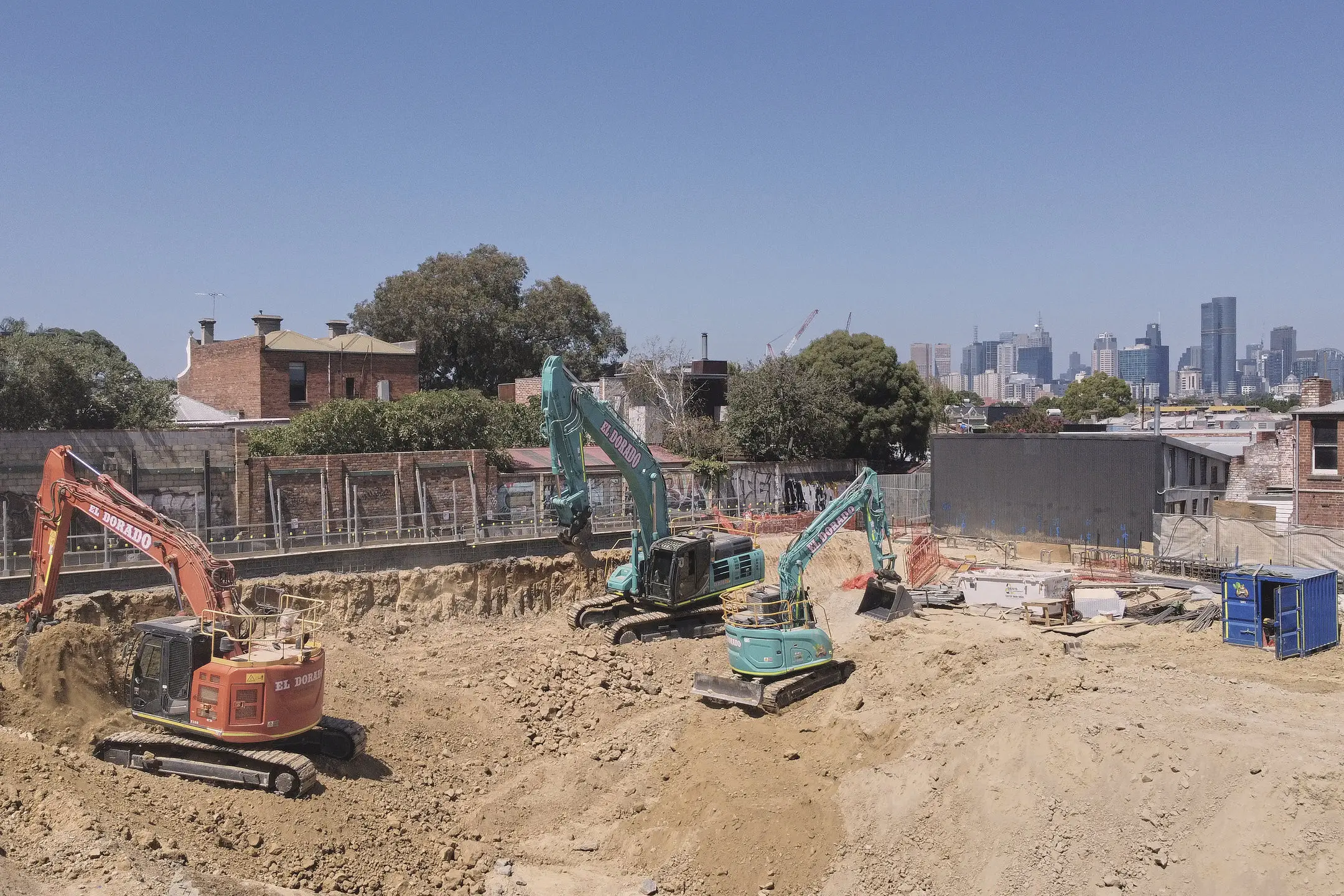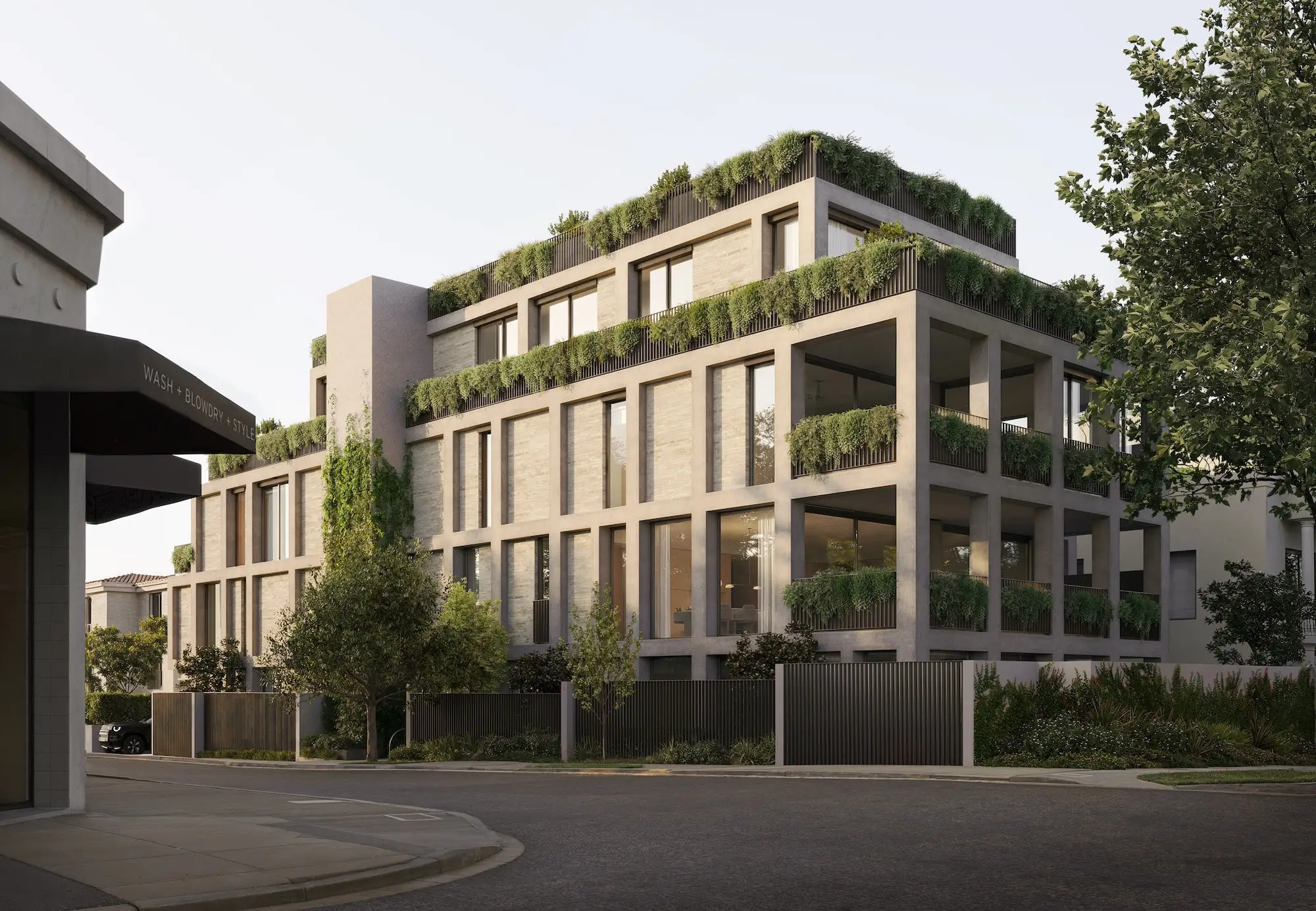
The Reserve Bank of Australia (RBA) has announced yet another interest rate rise by 25 basis points following their Board meeting. This brings the cash rate to 2.85%, marking the seventh consecutive cash rate hike since May.
“As is the case in most countries, inflation in Australia is too high,” said RBA Governor Philip Lowe in an official statement following the Board meeting. “Over the year to September, the CPI inflation rate was 7.3 per cent, the highest it has been in more than three decades.
“Global factors explain much of this high inflation, but strong domestic demand relative to the ability of the economy to meet that demand is also playing a role. Returning inflation to target requires a more sustainable balance between demand and supply.”
Three of the big four banks, Commonwealth, NAB, and ANZ, have accurately predicted this month’s interest rate rise of 25 basis points.
While Westpac economists predicted a 50 basis point rise, they still believe that the RBA should be cutting the cash rate slowly over the course of 2024.
Bill Evans, Westpac Chief Economist, said that “Labour markets are uncharacteristically tight while the household sector has accumulated significant savings which can buffer higher rates. Evidence from business surveys that business conditions and capacity utilisation are remarkably strong also point to unusual resilience.”
The RBA also recognises the impact of continued rising interest rates on the housing market.
“Higher interest rates and higher inflation are putting pressure on the budgets of many households,” said Dr Lowe. “Consumer confidence has also fallen and housing prices have been declining following the earlier large increases.”
While this rise in interest rates will surely influence the increase in mortgage monthly repayments, first-home buyers and those looking to purchase off-the-plan property in Australia can take advantage of this time, what with the decline in housing prices.
The Australian economy has also continued to grow solidly amidst these events. The unemployment rate remained at a steady 3.5% since September - the lowest figure in almost 50 years. While wage growth is continuing to pick up from the low rates of recent years.
“People are finding jobs, gaining more hours of work and receiving higher wages,” explained Dr Lowe. “Many households have also built up large financial buffers and the saving rate remains higher than it was before the pandemic.”
With inflation forecasted to peak at approximately 8% later this year, the RBA Board remains transparent, stating that they expect a further increase in interest rates over the period ahead.
Dr Lowe explains, “The size and timing of future interest rate increases will continue to be determined by the incoming data and the Board’s assessment of the outlook for inflation and the labour market.”
“The Board remains resolute in its determination to return inflation to target and will do what is necessary to achieve that.”
For more news, market insights, and lifestyle, click here.
Header image source.


